About Publications Library Archives
heritagepost.org

Preserving Revolutionary & Civil War History

Preserving Revolutionary & Civil War History
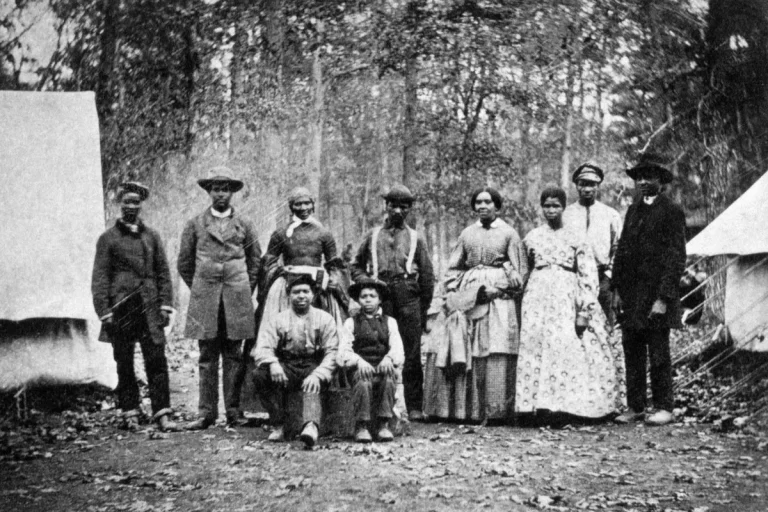
Date:1865 Annotation: Many slaves in Texas did not formally hear about freedom until June 19, 1865, when General Gordon Granger and 1800 Union troops arrived in Galveston and issued a proclamation declaring all slaves in Texas to be free. This is why “Juneteenth” continues to be celebrated as emancipation day throughout the Southwest. Document: The…
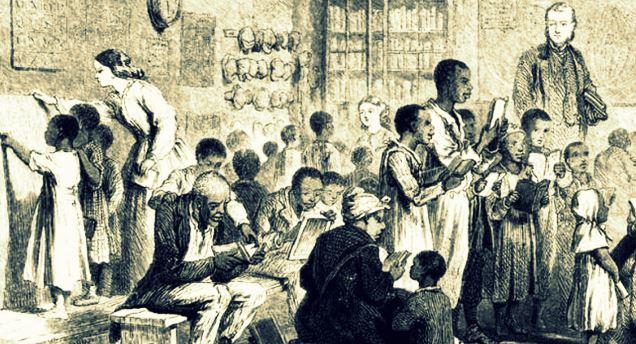
Author: Edwin H. McCaleb Date:1865 Annotation: As a result of the Civil War, the South lost a fourth of its white male population of military age, a third of its livestock, half of its farm machinery, and $2.5 billion worth of human property. Factories and railroads had been destroyed, and such cities as Atlanta,…
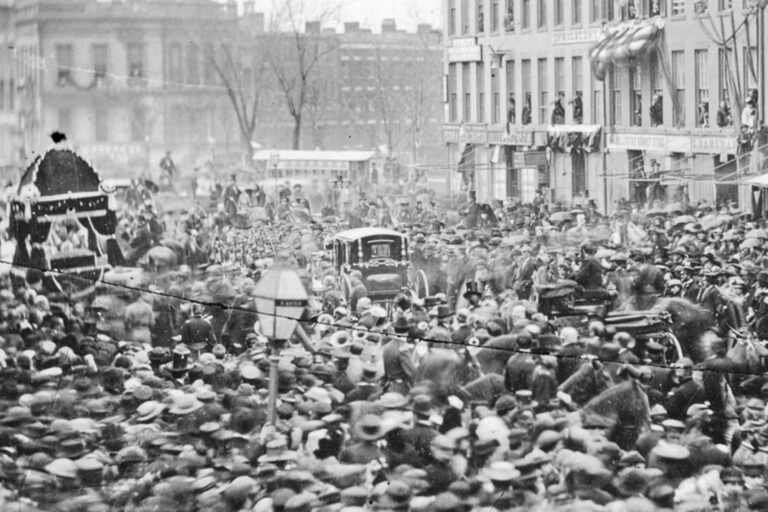
Date:1865 Annotation: Lincoln’s assassination was part of a larger plot to murder other government officials, including Vice President Andrew Johnson, Secretary of State William H. Seward, and General Ulysses S. Grant. Only Lincoln was killed. Following the assassination, Secretary of War Edwin M. Stanton ordered War Department agents to apprehend the conspirators. Despite wild rumors…
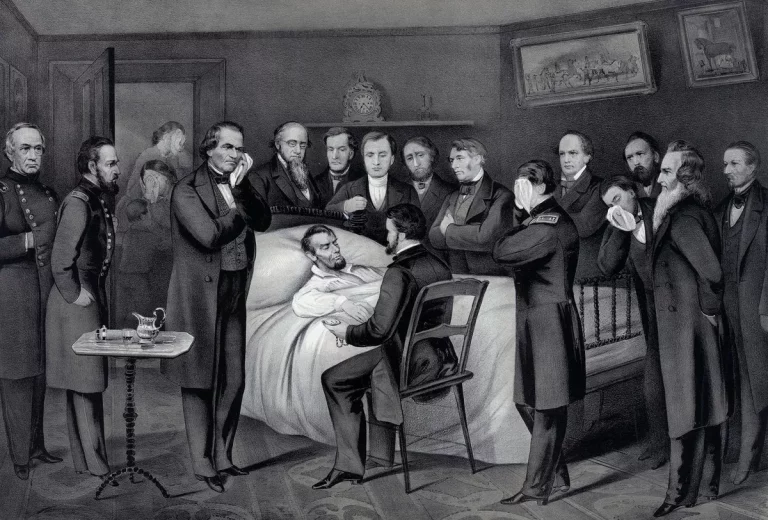
Author: W. Henry Pearce Date:1865 Annotation: Following the shooting, Booth fled to Maryland on horseback. A friend then helped him escape to Virginia. On April 26, two weeks after he had shot Lincoln, the army and Secret Service tracked Booth down and trapped him in a barn near Port Royal, Virginia. When Booth refused…
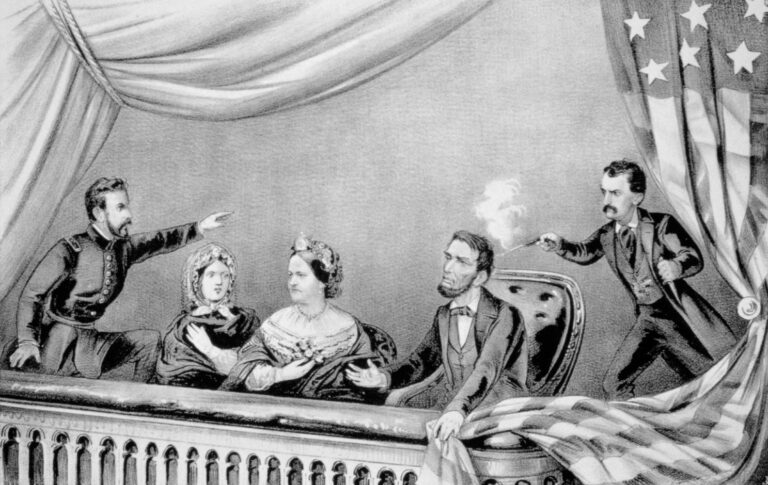
Author: J.B. Stonehouse Date:1865 Annotation: At noon on Good Friday, April 14, 1865, Major General Robert Anderson raised the U.S. flag over Fort Sumter. It was the same flag that he had surrendered four years before. That evening, a few minutes after 10 o’clock, John Wilkes Booth (1838-1865), a young actor and Confederate sympathizer…
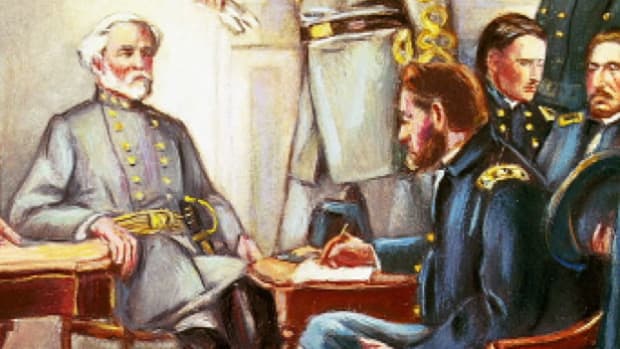
Author: Robert E. Lee Date:1865 Annotation: By April 1865, Grant’s army had cut off Lee’s supply lines, forcing Confederate forces to evacuate Petersburg and Richmond. Lee and his men retreated westward, but Grant’s troops overtook him about a hundred miles west of Richmond. Recognizing that further resistance would be futile, Lee surrendered at Appomattox…
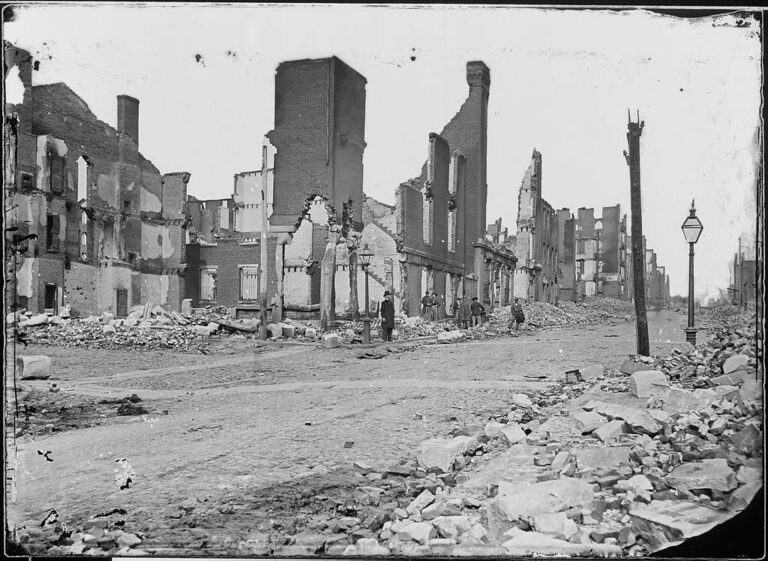
Author: A.R. Lord Date:1865 Annotation: In March 1864, Lincoln gave Ulysses S. Grant command of all Union armies. Vowing to end the war within a year, Grant launched three major offenses. General Philip E. Sheridan’s task was to lay waste to farm land in Virginia’s Shenandoah valley, a mission he completed by October. Meanwhile,…
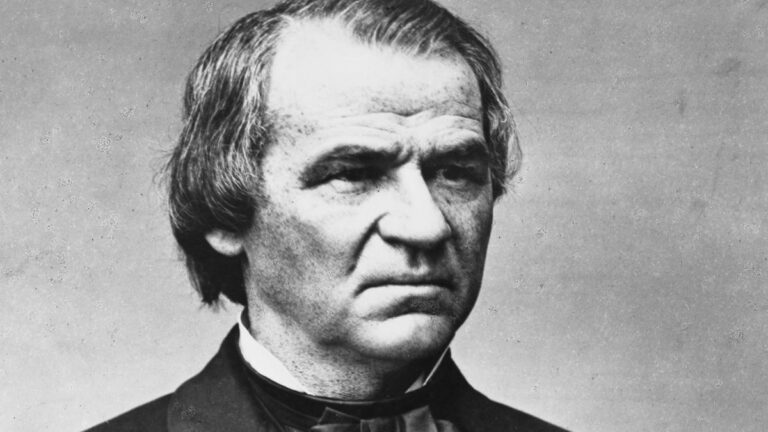
Author: Mary Y. Prentiss Date:1865 Annotation: The 1864 presidential election was one of the most critical in American history. At stake was whether the war would end in unconditional surrender or a negotiated settlement, which might result in the preservation of slavery as a legal institution. Even though hundreds of thousands of slaves deserted…

Date:1865 Annotation: Twenty African-American men met African descent met with Edwin M. Stanton, Secretary of War, and Major-Gen. Sherman, to discuss matters relating to the freedmen of the State of Georgia. Document: [New York, N.Y. February 13, 1865] MINUTES OF AN INTERVIEW BETWEEN THE COLORED MINISTERS AND CHURCH OFFICERS AT SAVANNAH WITH THE SECRETARY OF…
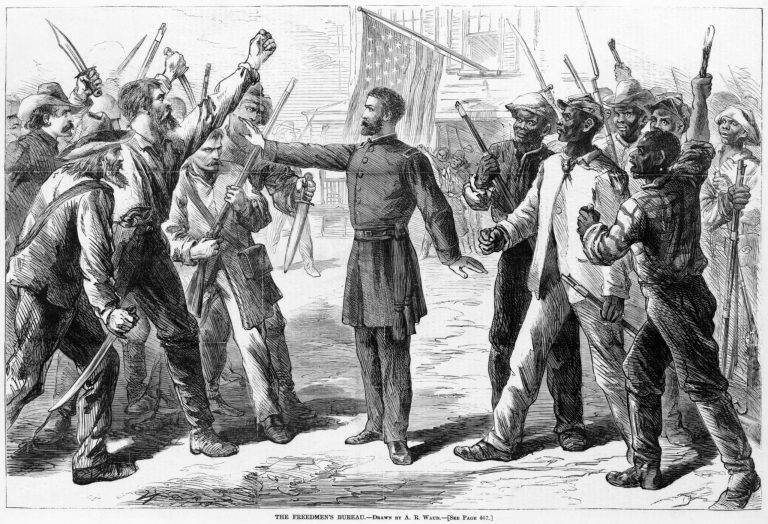
Author: Samuel Thomas Date:1865 Annotation: Col. Samuel Thomas, a Freedmen’s Bureau official, describes the attitude of ex- Confederates toward the former slaves. Document: Wherever I go — the street, the shop, the house, or the steamboat — I hear the people talk in such a way as to indicate that they are yet unable…